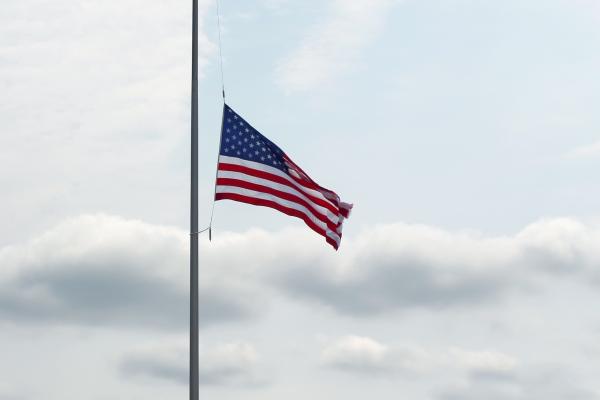Jan 19, 2016
On Dec. 28, just before New Year’s Day, a Cleveland grand jury declined to indict the officers who killed Tamir Rice, a 12-year-old boy who had been playing with a toy gun in a park near his home. For many, the news resounded as yet one more tragic refrain in the long litany of our nation’s utter disregard for Black lives. Extinguished in the innocence of childhood, without even a second thought.
Read the Full Article

Already a subscriber? Login
